Public opinion in this country is everything
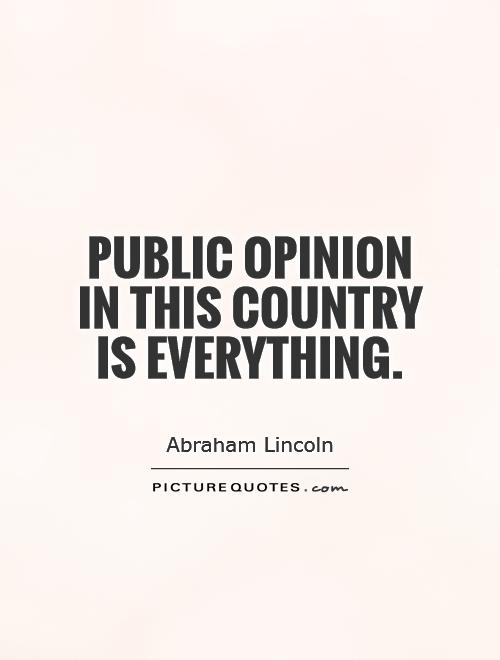
Public opinion in this country is everything
Abraham Lincoln, the 16th President of the United States, understood the power of public opinion better than most. He recognized that in a democratic society, the will of the people could make or break a leader's ability to govern effectively. Lincoln famously stated, "Public opinion in this country is everything," and he lived by those words throughout his presidency.Lincoln's understanding of the importance of public opinion was evident in his approach to leadership. He was a masterful communicator, using his speeches and writings to shape public sentiment and garner support for his policies. He understood that in order to achieve his goals, he needed the backing of the American people. By appealing to their sense of justice, morality, and patriotism, Lincoln was able to rally public opinion behind his efforts to preserve the Union and end slavery.
One of the most striking examples of Lincoln's reliance on public opinion was his decision to issue the Emancipation Proclamation. Despite his personal beliefs that slavery was morally wrong, Lincoln initially hesitated to take action against it for fear of alienating the border states and Northern Democrats. However, as the Civil War dragged on and public sentiment shifted in favor of emancipation, Lincoln saw an opportunity to strike a decisive blow against the Confederacy and gain the support of abolitionists and African Americans. By issuing the Emancipation Proclamation, Lincoln not only changed the course of the war but also solidified his legacy as the Great Emancipator.
Lincoln's understanding of the power of public opinion also extended to his handling of the press. He recognized the importance of a free and independent media in shaping public sentiment and used his relationships with journalists to his advantage. By cultivating friendly reporters and granting them access to his administration, Lincoln was able to control the narrative and shape public opinion in his favor.




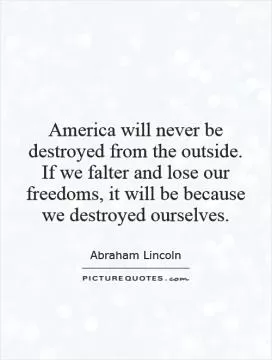

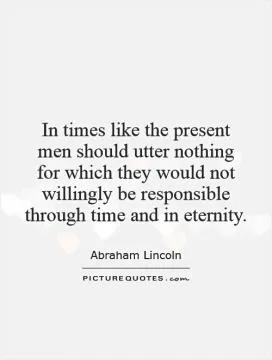
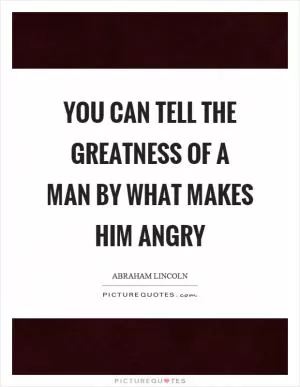
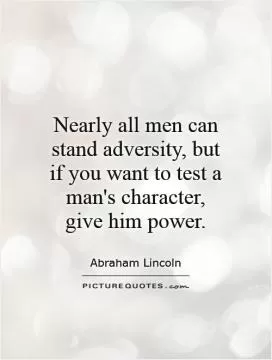
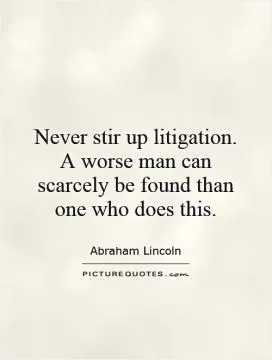


 Friendship Quotes
Friendship Quotes Love Quotes
Love Quotes Life Quotes
Life Quotes Funny Quotes
Funny Quotes Motivational Quotes
Motivational Quotes Inspirational Quotes
Inspirational Quotes